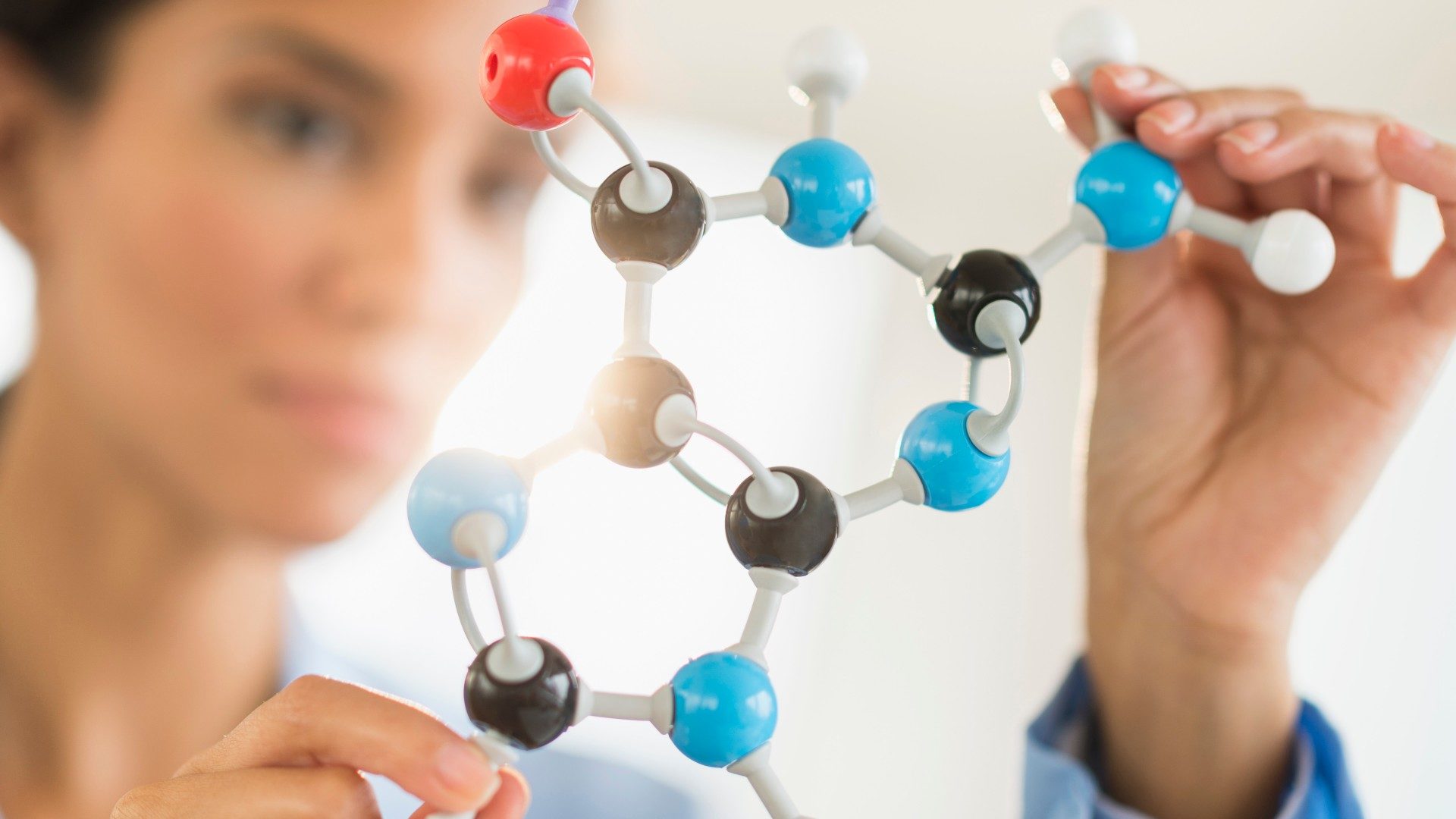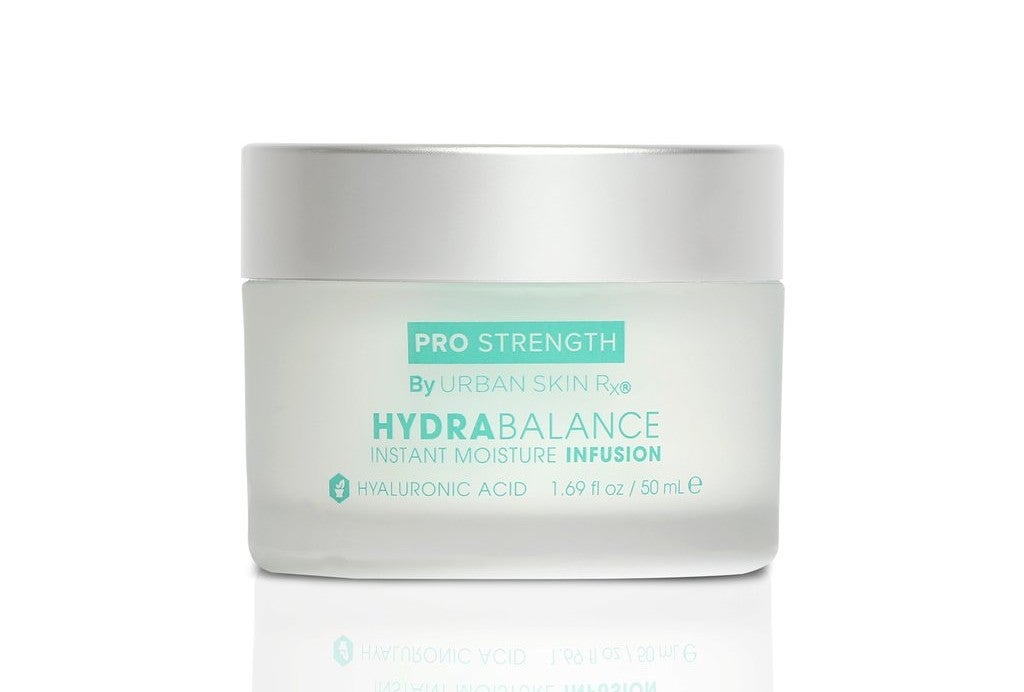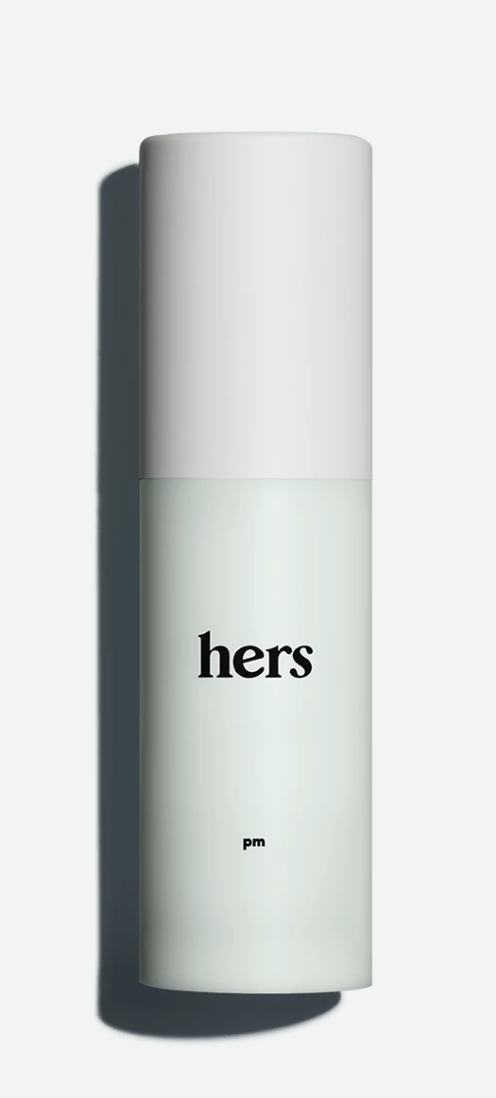
Retinol. Glycolic. Polypeptide. Alphawhatchumacallit. We hear lots of sexy sounding beauty terms but most of the time we don’t know what the heck they are. Beauty brands and retailers swear by this fancy language in their marketing campaigns to get consumers excited, hoping that they hold the next innovation in ingredients that’ll save their skin.
So I called out the big guns, aka reached out to Dr. Wendy E. Roberts, Dermatologist and Dermatopathologist (meaning she examines skin on a microscopic level and makes diagnoses) with a private practice in Rancho Mirage, California, to give me the real deal on whether or not the latest beauty buzz words boast benefits for Black bombshells. Say that five times fast!
Hyaluronic Acid. Hyaluronic acid is a humectant, which means it brings water into the skin. The formulation of the hyaluronic acid will dictate the efficacy for the skin, so as your products are concerned more is more. Low amounts will make the skin feel good short-term, but greater technology in the hyaluronic acid will reap longterm benefits.

Alpha Hydroxy Acid (AHA)/Beta Hydroxy Acid (BHA). Alpha and beta hydroxy acids are naturally occurring carbonic acids where the hydroxy acid is either in the alpha position (most dominant), or beta position (secondary). For AHA, the standard is glycolic acid. Beta Hydroxy Acids are similar to AHAs but are fat soluble instead of water-soluble, making it easier for them to penetrate oily skin, which many Black women tend to have. For BHA the standard is salicylic acid, which is more commonly used in over-the-counter cleansers than glycolic acid.
“Glycolic acid is tricky. I’m not a big user of it on African American skin,” said Dr. Roberts. “It works great for the people who can use it, but there’s a subpopulation who do not do well with it. It can lead to irritation, hyperpigmentation, and skin peeling.”
Polyhydroxy Acid (PHA). It’s a chemical exfoliant similar to AHA and BHA, with hydrating properties. According to Dr. Roberts, it became popular because people wanted something different from the AHAs and BHAs that they had been using. Because of its molecular structure, it’s can be less effective, especially for oily and acne prone skin.
Tretinoin. Touted as the foundation of youth, and Dr. Roberts agrees, tretinoin is a retinoid that promotes quick healing. It’s an exfoliant, removing dead skin cells from the surface, and also regulates cells in deeper levels of the skin. It’s used as a skin lightener but doesn’t cause damage to melanin rich skin. On the dermis level it promotes collagen. So for Black women specifically, it combats sagging.
“It’s proven science working on all layers of the skin and that’s what makes it so special,” Dr. Roberts noted.

Polypeptides. These are multi-chains of amino acids that can regulate the behavior of other molecules. Polypeptides come together to form proteins, which help build and repair tissue. Our bodies need large amount of proteins, so products with polypeptides can be really beneficial for hair, skin, and nails.
Clindamycin. This is an antibiotic typically used to treat bacterial infections that have become non-responsive to other drugs like penicillin, so it’s aggressive. Some dermatologists have prescribed a topical of clindamycin for patients with inflammatory cystic acne.
“Clindamycin is problematic. It’s been overused in acne treatment. And there are very bad bacteria, we’re going to call them super bacteria, who have become resistant to it. So topical antibiotics now are really a no-no. Dermatologists are trying to treat acne without using these topical antibiotics,” said Dr. Roberts.

Mandelic Acid and Tartaric Acid. These are hydroxy acids, typically derived from fruit. Mandelic acid is often used as an antibacterial. It’s formed by a larger molecule than glycolic acid so it’s less irritating. Tartaric acid is often associated with wine making, as it’s derived from grapes. It has antioxidant properties (this is one of the reasons you hear that wine is good for you). Both acids are considered organic and can have true benefits when caring for skin.





